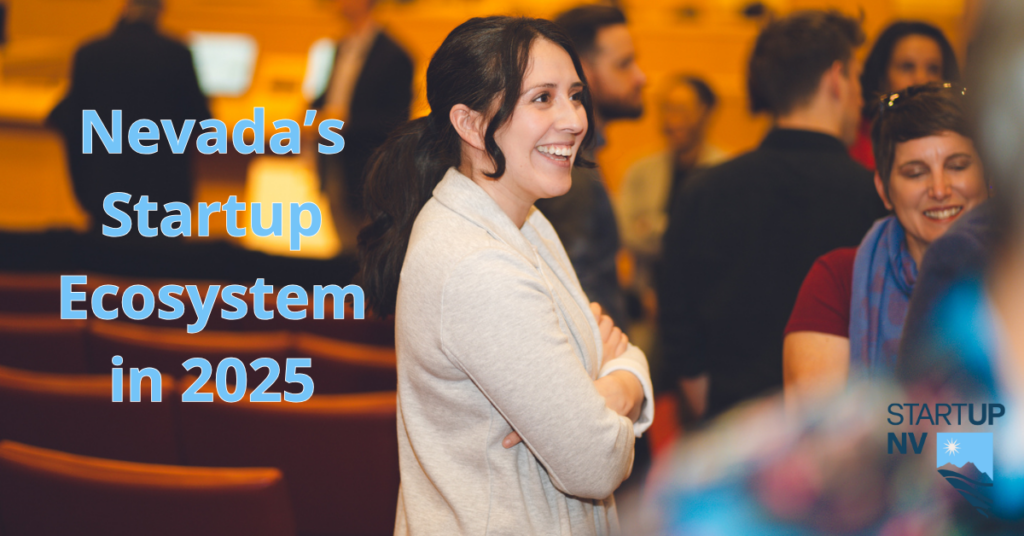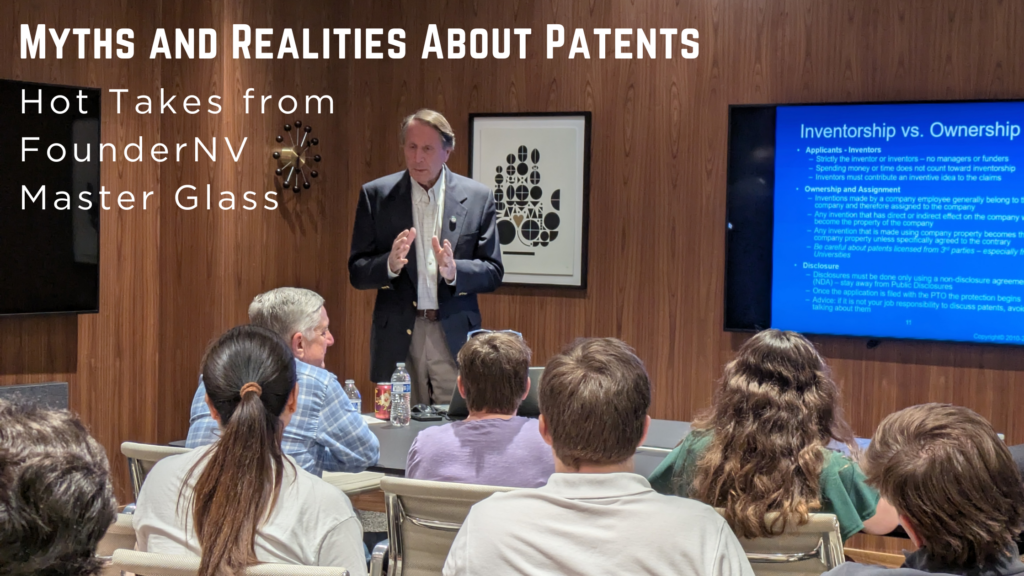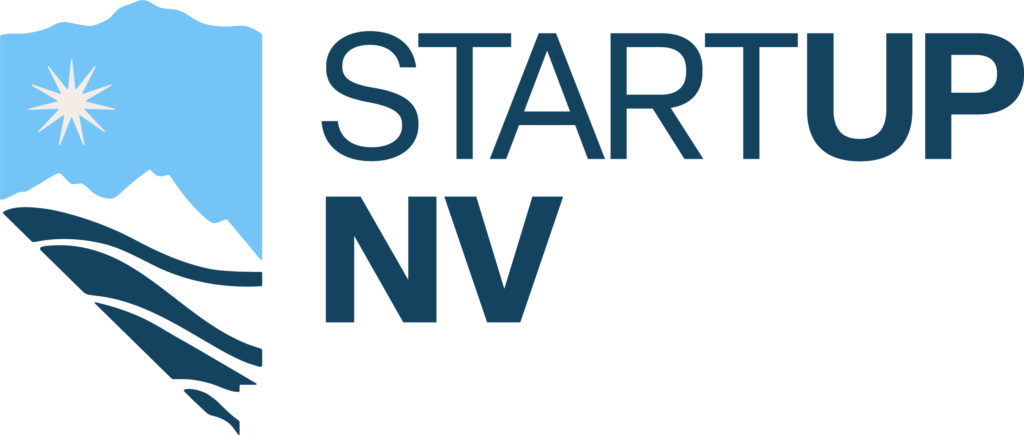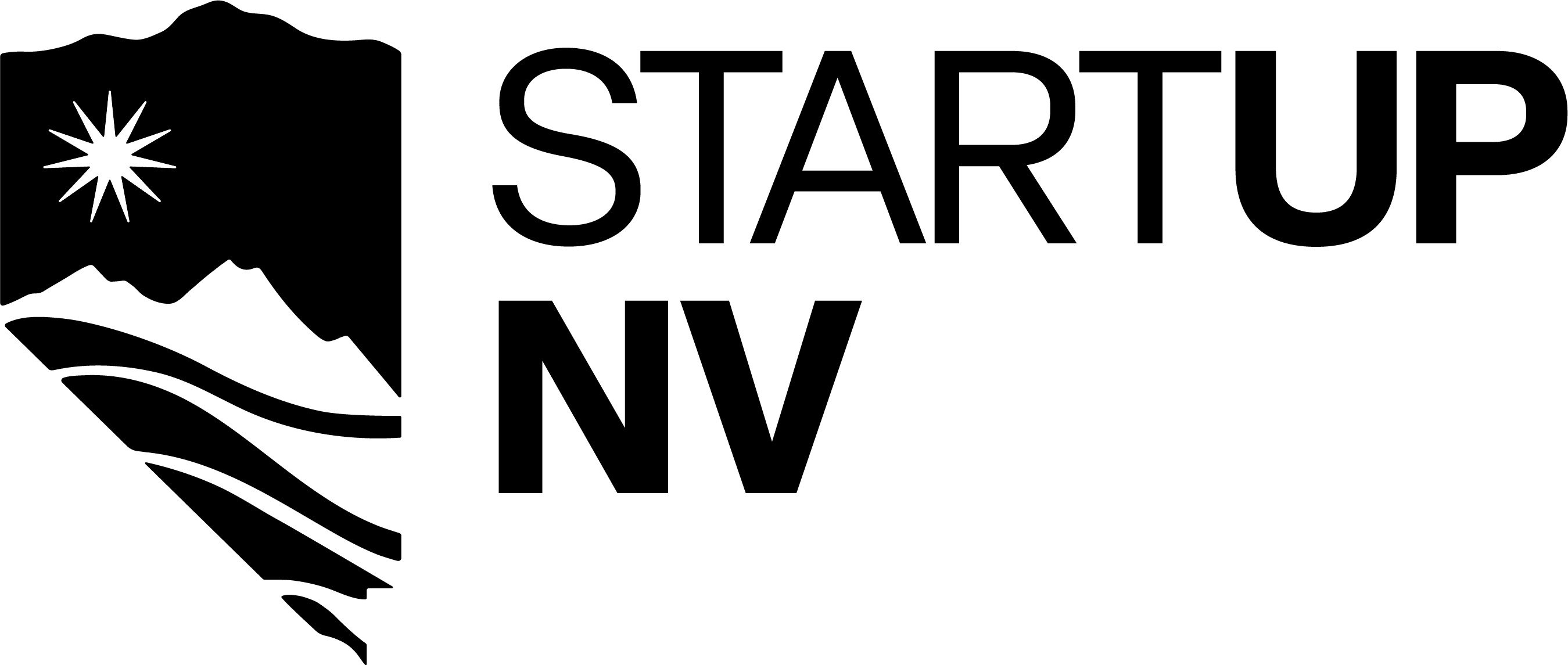Nevada’s Startup Ecosystem in 2025: Key Players, Trends, and Opportunities
Nevada’s startup scene in 2025 looks a lot different than it did just a few years ago — and in the best way possible. What was once a modest, under-the-radar community has steadily transformed into one of the country’s most interesting emerging markets for early-stage companies. Founders are solving real problems, new investment vehicles are fueling growth, and policy changes are making it easier for Nevadans to invest in their own backyard.
What makes this ecosystem different is the people. It’s the founders building in industries where others hesitate, the leaders advocating for the startup community at the state level, and the organizations quietly laying the groundwork to make Nevada a legit place to launch and scale a company.
Here’s a look at the people, trends, and opportunities defining Nevada’s startup ecosystem in 2025.
The People Moving the Needle
The growth of Nevada’s startup community is driven by a handful of leaders who’ve been quietly (and sometimes loudly) putting in the work for years. These folks aren’t just making headlines — they’re building companies, infrastructure, and opportunity for others.
Jeff Saling — Co-Founder & Executive Director, StartUpNV
Jeff has been at the center of Nevada’s startup ecosystem for years. Through StartUpNV, he’s created a statewide network of incubators, accelerators, and venture funds designed to support Nevada founders at every stage. With over 1,000 companies in their network and more than $77 million in capital facilitated, Jeff’s work is a big reason Nevada has a startup ecosystem worth paying attention to in 2025. He was also instrumental in the passing of Assembly Bill 75, which created the Nevada Certified Investor category — a legislative change enabling more Nevadans to invest locally.
Piotr Tomasik — Founder, TensorWave
In the AI infrastructure race, most startups run to Nvidia. Piotr Tomasik is building an alternative. His company, TensorWave, is a Reno-based cloud provider specializing in AI workloads via AMD Instinct GPUs. Beyond compute access, TensorWave’s enterprise inference platform, Manifest, offers private, secure storage and supports larger context windows for AI applications. It’s a Nevada-grown company with global ambitions, and another sign that cutting-edge tech isn’t limited to the coasts.
Maryssa Barron — Founder, BuildQ
Maryssa Barron is bringing long-overdue innovation to the construction industry. Her startup, BuildQ, helps contractors manage workflows and projects with modern software tailored for the unique challenges of the trades. This year, she took home the top prize at AngelNV 2025, Nevada’s largest startup pitch competition. It’s a big win not just for Maryssa, but for female founders and vertical SaaS startups in Nevada.
Cisco Aguilar — Nevada Secretary of State
A champion for Nevada’s startup and business communities, Cisco Aguilar’s office has actively supported initiatives to strengthen the entrepreneurial ecosystem. His advocacy alongside leaders like Jeff Saling helped push through Assembly Bill 75, creating a more accessible path for Nevada residents to invest in startups through the Nevada Certified Investor designation. Cisco’s commitment to economic development makes him a vital player in fostering the state’s innovation economy.
Juston Berg — VP of Entrepreneurial Development, EDAWN
In Northern Nevada, Juston Berg is one of the most active supporters of early-stage founders. Through his role at EDAWN (Economic Development Authority of Western Nevada), Juston works to attract, retain, and grow startups in the Reno-Tahoe region. A software engineer and blockchain entrepreneur by background, Juston leads programs like Reno Startup Week and helps founders navigate everything from customer acquisition to venture fundraising.
Ecosystem Trends Shaping 2025
A lot has changed in Nevada’s startup environment over the last year. Here’s what’s making the biggest impact:
Certified Investor Legislation is Paying Off
When Assembly Bill 75 passed in 2023, it quietly unlocked a major opportunity for Nevada’s startup ecosystem. The bill created a new “Nevada Certified Investor” designation, allowing state residents with a certain income or net worth threshold to invest in local startups without the typical SEC accredited investor requirements. The result? More capital staying in Nevada, and a faster path to raising seed rounds for founders.
AI Infrastructure and Workloads Find a New Home
Companies like TensorWave are leading a broader movement to build AI infrastructure outside of Silicon Valley. Reno’s affordable energy, growing tech talent pool, and proximity to major West Coast markets make it an ideal hub for AI compute, model training, and enterprise inference tools. Expect more companies to follow Piotr Tomasik’s lead in the next 12–24 months.
Niche SaaS and Vertical Tech Are Having a Moment
Startups like BuildQ and others in Nevada are capitalizing on underserved vertical markets — industries where digital transformation has been slow. Construction, logistics, hospitality, and energy are ripe for disruption, and founders here are stepping in to solve problems with purpose-built, founder-led software.
Opportunities on the Horizon
For founders, investors, and ecosystem leaders looking to plug into Nevada’s startup community, 2025 presents some real opportunities:
Early-stage capital is more accessible than ever — with programs like FundNV, AngelNV, and the 1864 Fund actively deploying money into Nevada startups, and new Certified Investors entering the market thanks to AB75.
AI and cloud infrastructure are Nevada’s next big sectors — as more AI workloads move to alternative infrastructure providers like TensorWave, and as state universities expand AI research programs, there’s a clear opportunity to carve out a niche in this rapidly growing category.
The construction, energy, and hospitality industries are begging for innovation — startups like BuildQ prove there’s a market for tools that make traditional businesses run better. Expect to see more niche SaaS companies popping up across Nevada in the next couple of years.
Community events and accelerators are scaling up — with Reno Startup Week, Las Vegas Startup Weekend, and new founder education programs from StartUpNV, it’s never been easier to connect with other founders, investors, and mentors.
Closing Thought
Nevada isn’t trying to be the next Silicon Valley — and that’s exactly why it’s working. Founders here are solving real problems, building sustainable businesses, and creating opportunities for others along the way. The people listed here are just a few of the names driving that momentum in 2025.
As capital access improves, AI infrastructure takes hold, and policy keeps pace with innovation, Nevada’s startup ecosystem is primed for its next big chapter. And the best part? It’s happening because of the founders, not despite them.
Nevada’s Startup Ecosystem in 2025: Key Players, Trends, and Opportunities Read More »
